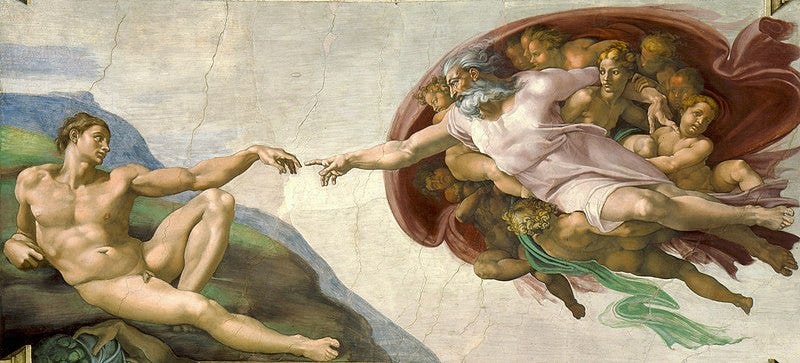The Story now playing inside your head
When does your narrative about Israel and Palestine begin?
I’ve resisted the temptation to post something about the current violence in the Middle East, mostly because I don’t have anything to say about the conflict that hasn’t already been said by others… over and over again.
But I do want to share an excerpt from a message I received yesterday. It’s from a buddy of mine who emailed a group of our college friends:
… the main problem [in the Middle East] exists when Britain promises Jews a homeland and the Arabs a nation. British duplicity went a long way to precipitate the conflict in Palestine.
He’s not wrong about the havoc unleashed by the Balfour Declaration. But…
“The main problem exists when…”
When someone recounts the history of any land or people, I’m always fascinated to discover at what point in time the storyteller begins the narrative.
Should you begin the story of the Israeli-Palestinian conflict in 1967 (the Six-Day War)? 1948 (Israeli independence)? 1917 (the Balfour Declaration)? 635 (Caliph Omar conquers Jerusalem)? 30 (the crucifixion of Christ)? 597 BCE (the Babylonian exile)? Some other year?
When *you* think about this conflict, where do you begin the story? … Why did you choose that particular year?
The date you choose helps define your historic baseline—the moment when some (imagined) equilibrium was disrupted by what screenwriters might call the “inciting incident.” The date you select also reveals something about the bigger Story now playing inside your own head.
Because there are so many moments when your Story could begin:



